139: Whitney Cohen on Garden Based Education
Examining school garden support organizations to promote natural world learning.
—
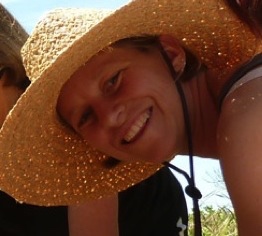 Whitney is a teacher, trainer, and author with tremendous commitment to, and expertise in, inquiry- and place-based education; strategies for engaging diverse learners; school gardens; and the intersection between environmental education and public schools. She is the Education Director of Life Lab and a lecturer at UC Santa Cruz.
Whitney is a teacher, trainer, and author with tremendous commitment to, and expertise in, inquiry- and place-based education; strategies for engaging diverse learners; school gardens; and the intersection between environmental education and public schools. She is the Education Director of Life Lab and a lecturer at UC Santa Cruz.
In This Podcast:
Greg is excited and a bit envious of the kids who have participated in the natural world learning experiences explained by the Whitney in this podcast. She paints a beautiful picture of the resources of Life Lab’s gardens and how the programs offer many unique and awesome natural world laboratories for kids to learn. Their discussion ventures into the world of school funding and how garden based education can fill multiple needs of the schools, yet seems to on budget cutting blocks often. Life Lab has developed a potential resource for school interested in keeping a natural world option in their curriculums and Whitney explains how they hope to share this program nationally.
Listen in to Learn About:
- How she started working with kids in the Redwood forest in Calif with Life Lab
- How she was taking kids out to learn in the natural world for a week at a time as a young adult
- Going back to school to get her degree in education and taking a class with the founder of Life Lab
- Becoming a science teacher and teaching earth and life science through natural world lessons

- Visiting her friend at the farm at UC Santa Cruz and deciding she wanted to work somewhere just as beautiful
- The mission and program of Life Lab that teaches kids and shares resources with UC Santa Cruz
- A description of The UCSC Farm and the space of the Garden Classroom of Life Lab
- The ZOO Bed – a garden with plants that have animal names, and other

- Nutrient cycling – and the definition that they use to teach kids about composting
- The hands on learning that kids can do from growing, to harvesting, to preparing, to eating the foods on the farm
- A story of the boy Marco who was truly touched by the visit on the farm enough to speak in school for the first time since moving to the area
- How the gardens are living laboratories and are examples of what science education is leading towards

- Social Emotional Learning
- The challenge of finding an infrastructure to help implement a program to have garden based education programs
- The struggles of planning education with the cuts in the education budgets across the countries
- School Garden Support Organizations that support multiple school gardens across their regions

- The need for documenting and sharing garden based education models
- The 1st Annual School Garden Support Organization Institute
- A program that came about after partnering with the Whole Kids Foundation which does professional training and allows educators from across the country to share, connect and develop a program for a national garden based education
As well as:
- Her biggest success is how the garden based education programs are having such a social emotional impact on kids
- And how that impact to teach kids they are valuable drives her to continue
- Her advice to listeners is to “Dream Real Big, and Start Small”
Book written by Whitney:
FoodCorps Sprout Scouts Leaders Handbook in partnership with Kendal Chavez, Erica Curry, and Cecily Upton.
The Growing Classroom: Garden-Based Science and Nutrition Activity Guide: Fourth Edition by Roberta Jaffe and Gary Appel. (4th Edition updates)
The Book of Gardening Projects for Kids with John Fisher.
Teaching Gardens Program with Margo Crabtree and Amy Carlson
Kids’ Garden: 40 Fun Indoor and Outdoor Activities and Games Recipient of the Parent’s Choice, National Parenting Publications, and Independent Publisher Book Awards
Whitney’s Recommended Books:
The pedagogy of the oppressed by Paulo Freire
How Children Succeed by Paul Tuft
How to reach Whitney:
*Disclosure:
Some of the links in our podcast show notes and blog posts are affiliate links and if you go through them to make a purchase, we will earn a nominal commission at no cost to you. We offer links to items recommended by our podcast guests and guest writers as a service to our audience and these items are not selected because of the commission we receive from your purchases. We know the decision is yours, and whether you decide to buy something is completely up to you.


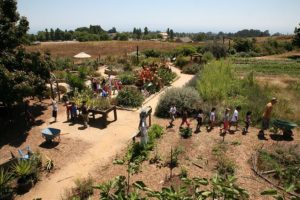
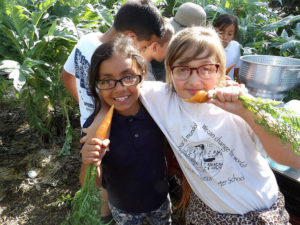
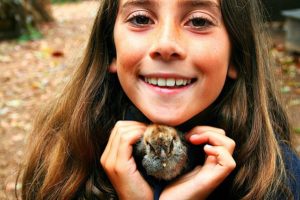
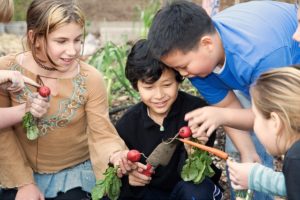

Thanks for shearing